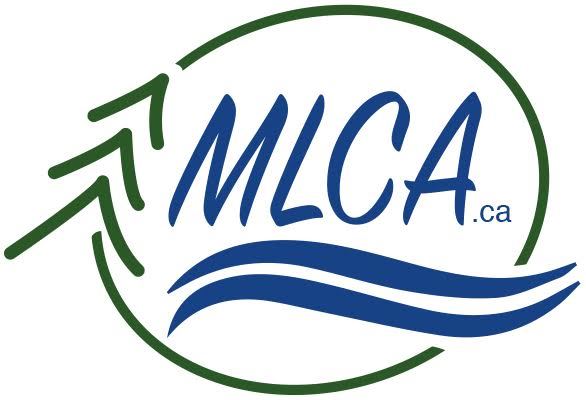.... |
Reports on the Health of Manitouwabing Lake
The Manitouwabing Lake Community Association, in conjunction with the Township of McKellar, conducts studies to determine the trends in the health of the lake and to ensure that swimmers using the lake are safe from infection due to contamination of the water. Lake water testing in the Township of McKellar is conducted with the cooperation and participation of MLCA volunteers. For a complete explanation of this process, read the McKellar Township Water Testing Protocols document. Through participation in the Lake Partner Program, volunteers collect samples to monitor the amount of phosphorus in the lake, in order to avoid nuisance concentration of algae, which affects the well-being of aquatic life as well as the experience of the people who live around its shores. The results are reported on the Lake Partner Program website. Although blue green algae was identified in the lake this year, subsequent analysis on the sample taken by the Ministry and samples taken by MLCA volunteers did not show the presence of cyanotoxins which are sometimes produced by this type of algae. MLCA volunteers go out on Manitouwabing Lake and four nearby lakes regularly to take samples for E. coli. “E. coli was selected for the [provincial] guideline because studies have determined that, among bacteria of the coliform group, E. coli is the most suitable and specific indicator of fecal contamination.” (P 22 of Provincial Water Quality Objectives, 1994). Although the Covid-19 pandemic affected our functioning somewhat, we were still able to carry out comprehensive sampling. 2020 was the first year of a benthic analysis of the lake, conducted by the Georgian Bay Biosphere Reserve (GBBR). In her report, Manitouwabing Lake Environment Report 2020, Katrina Krievins of GBBR pulls in information from other previous reports in order to give an overall picture of lake health. This is the first of three years required to establish a baseline to compare to other lakes and to establish trends. Additionally this fall, we have started assessment of dissolved oxygen in deep water, an analysis suggested by Bev Clarke in the 2018 report Manitouwabing Lake, State of the Basin Review (2018). |

